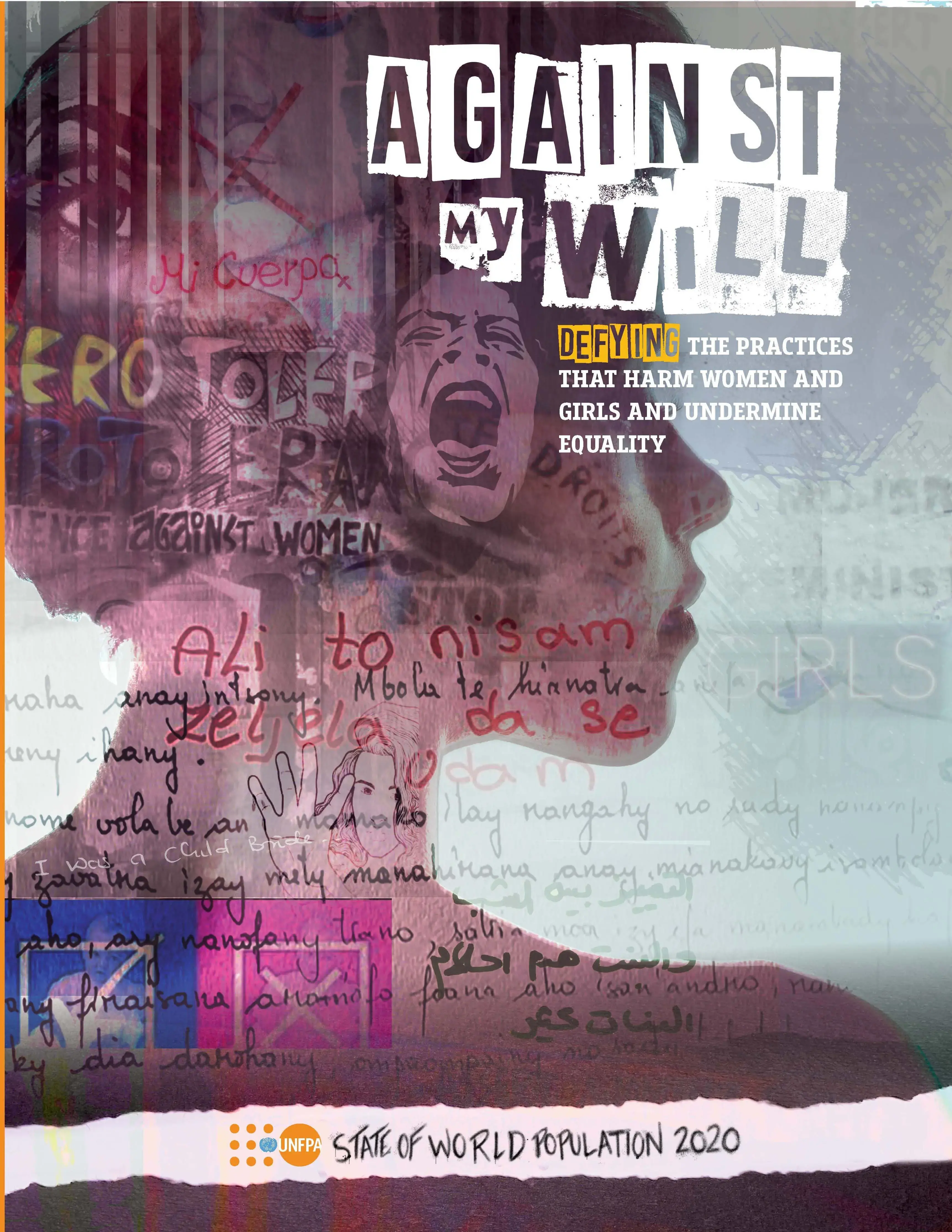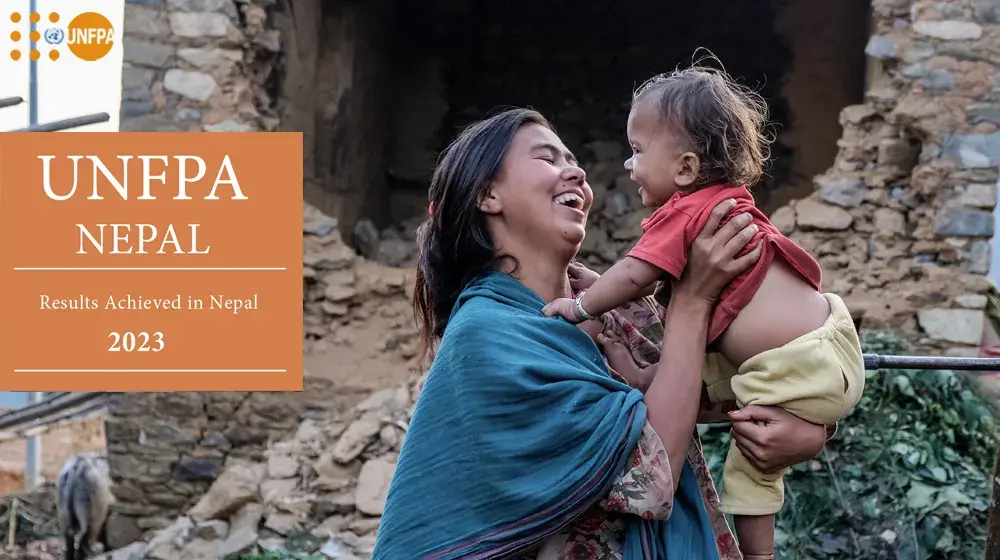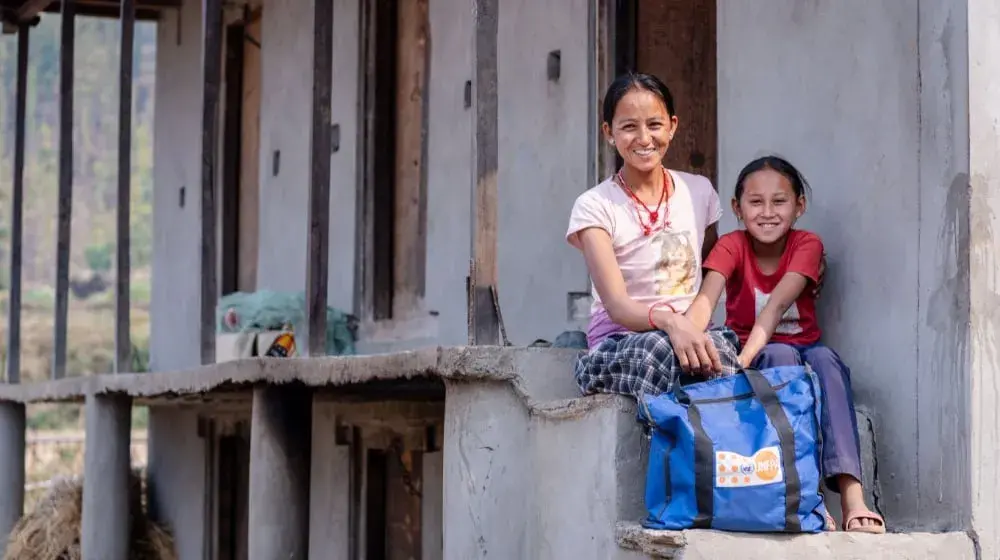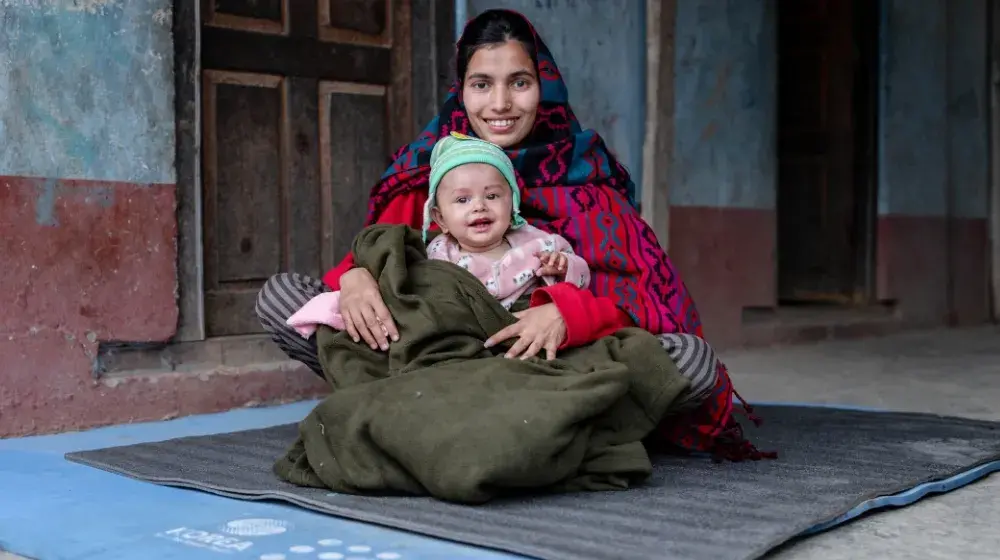The COVID-19 crisis has taken a staggering toll on people, communities and economy in Nepal. Supply chains are being disrupted, impacting the availability of contraceptives and heightening the risk of unintended pregnancy. As the country is on lockdown and health systems struggle to cope, sexual and reproductive health services are being sidelined and gender-based violence is on the rise.
The pandemic is hitting marginalized communities particularly hard, deepening inequalities and threatening to set us back in our efforts to leave no one behind. Our response to COVID-19 in every country is critical and will determine how fast the world recovers and whether we achieve the Sustainable Development Goals or not.
On 11 July, World Population Day, offers an opportunity to raise awareness about the sexual and reproductive health needs and vulnerabilities of women and girls during the pandemic, to highlight how we can safeguard hardfought gains and ensure that SRHR stays on the local agenda, and to explore how to maintain the momentum towards achieving the SDGs by 2030 that we rallied at the Nairobi Summit.
The theme of the day this year is "Putting the brakes on COVID-19: how to safeguard the health and rights of women and girls now".





